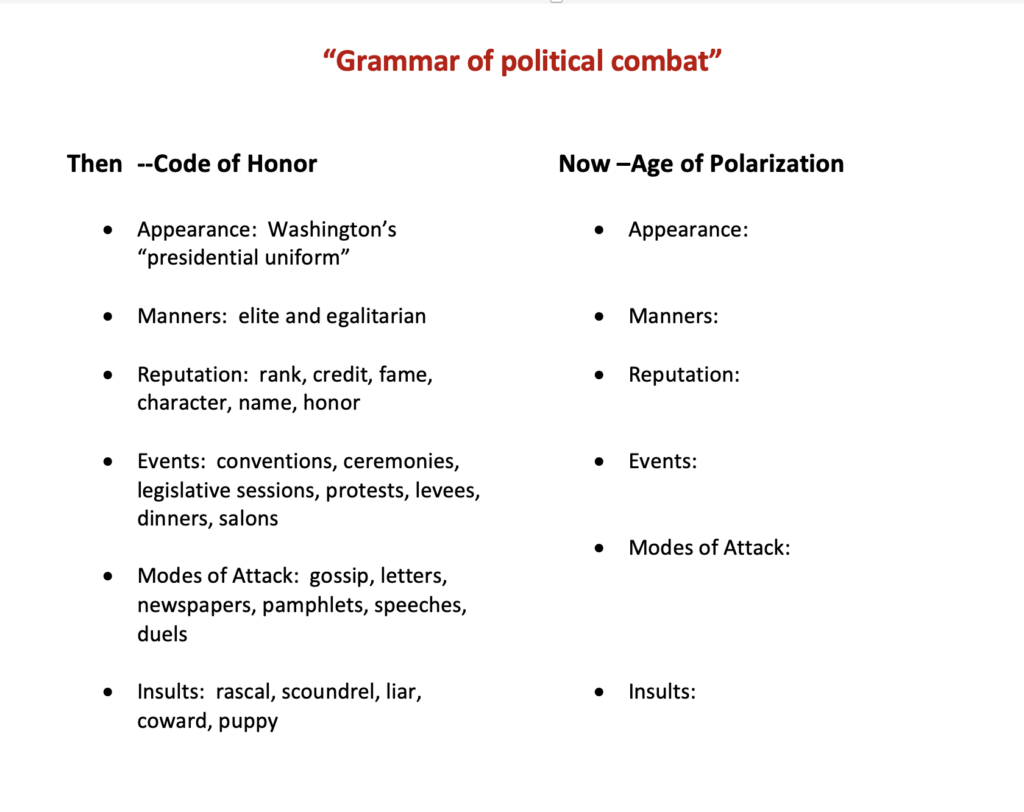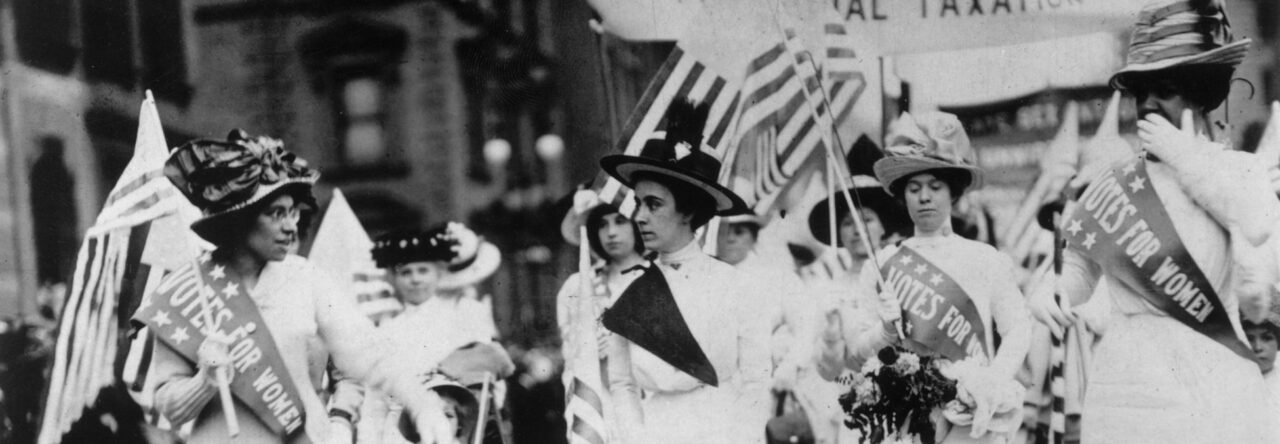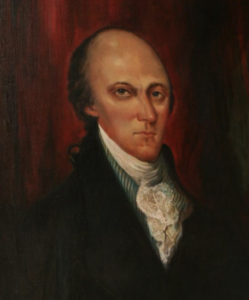The precise meaning of political leadership was under debate in the early republic, and the practical business of politics compelled politicians to confront this unsettling assault on settled expectations on a continuing basis. Whether electioneering, running for office, or simply exercising the privileges of leadership, America’s ruling elite was dependent on the whims of the democratic many, a state of affairs that contributed to the volatility of early national politics and the defensive spirit of political leadership. The culture of honor was a source of stability in this contested political landscape. –Joanne Freeman, Affairs of Honor, p. xv
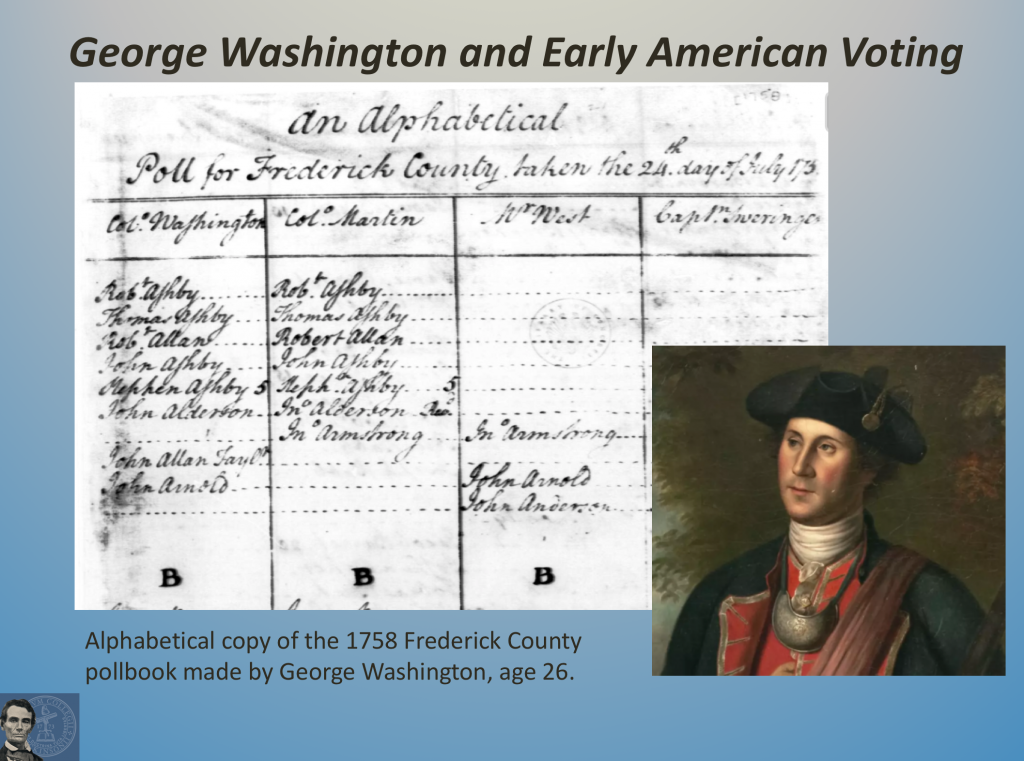
Timeline
You talk, my good Sir, of employing influence to appease the present tumults in Massachusetts. I know not where that influence is to be found; and if attainable, that it would be a proper remedy for the disorders. Influence is no Government. Let us have one by which our lives, liberties and properties will be secured; or let us know the worst at once. Under these impressions, my humble opinion is, that there is a call for decision. –-George Washington to Henry Lee, October 31, 1786
- 1783 Washington stops Newburgh Conspiracy
- 1786 Shays’ Rebellion
- 1787 Constitutional Convention // Founders’ Constitution
- 1789 Washington inaugurated in New York
- 1790 Hamilton’s debt assumption plan and capital arrangement
- 1791 Bill of Rights (organized by Madison in Philadelphia)
- 1794 Whiskey Rebellion (Washington in Carlisle)
- 1795 Jay Treaty debate
- 1796 Washington’s Farewell Address // Adams elected president
- 1798 Alien & Sedition crisis
- 1801 Jefferson inaugurated in Washington after electoral college tie
Where did Congress meet from 1774 to 1801? See this report from CRS.
We live in an important era and in a new country. Much good may be done by individuals, and that too in a short time.–Benjamin Rush to John Adams, July 2, 1788, quoted in Freeman, p. 6
The Anti-Washington: William Maclay
I know not how it is, but I cannot get into these Men. There is a kind of guarded distance on their parts, that seems to preclude sociability. I believe I had best be guarded too.” –Maclay diary, April 26, 1789 quoted in Freeman, p. 21
Role of Women
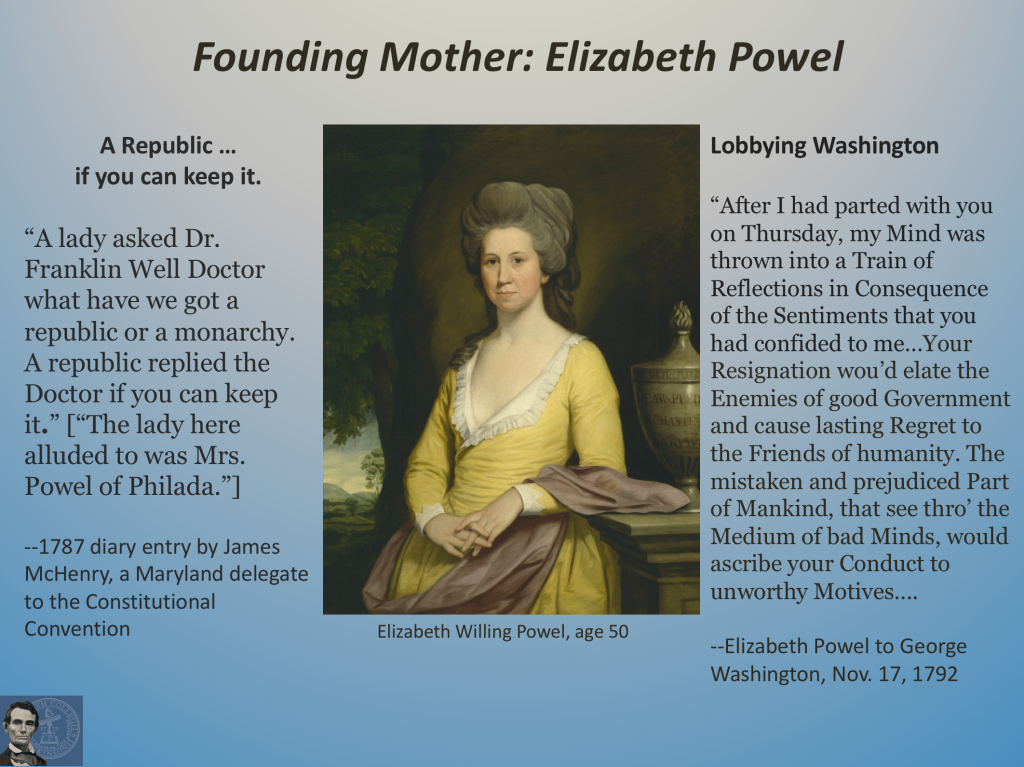
Grammar of Politics –Then and Now